Elon Musk vs Jeff Bezos: who will win the billionaire space race? SpaceX and Blue Origin are fighting to fly to the moon – is Richard Branson’s Virgin Galactic a contender?
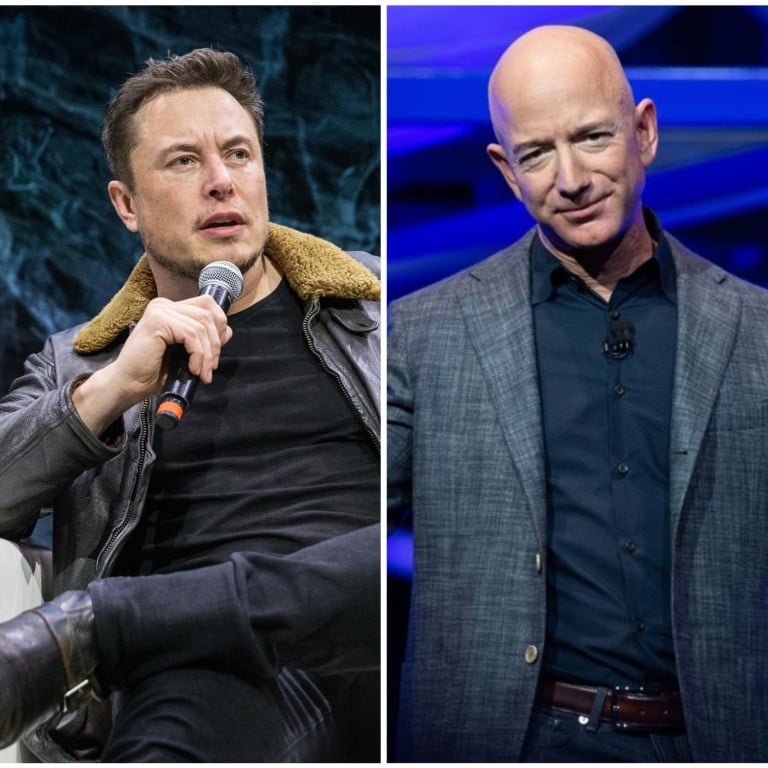
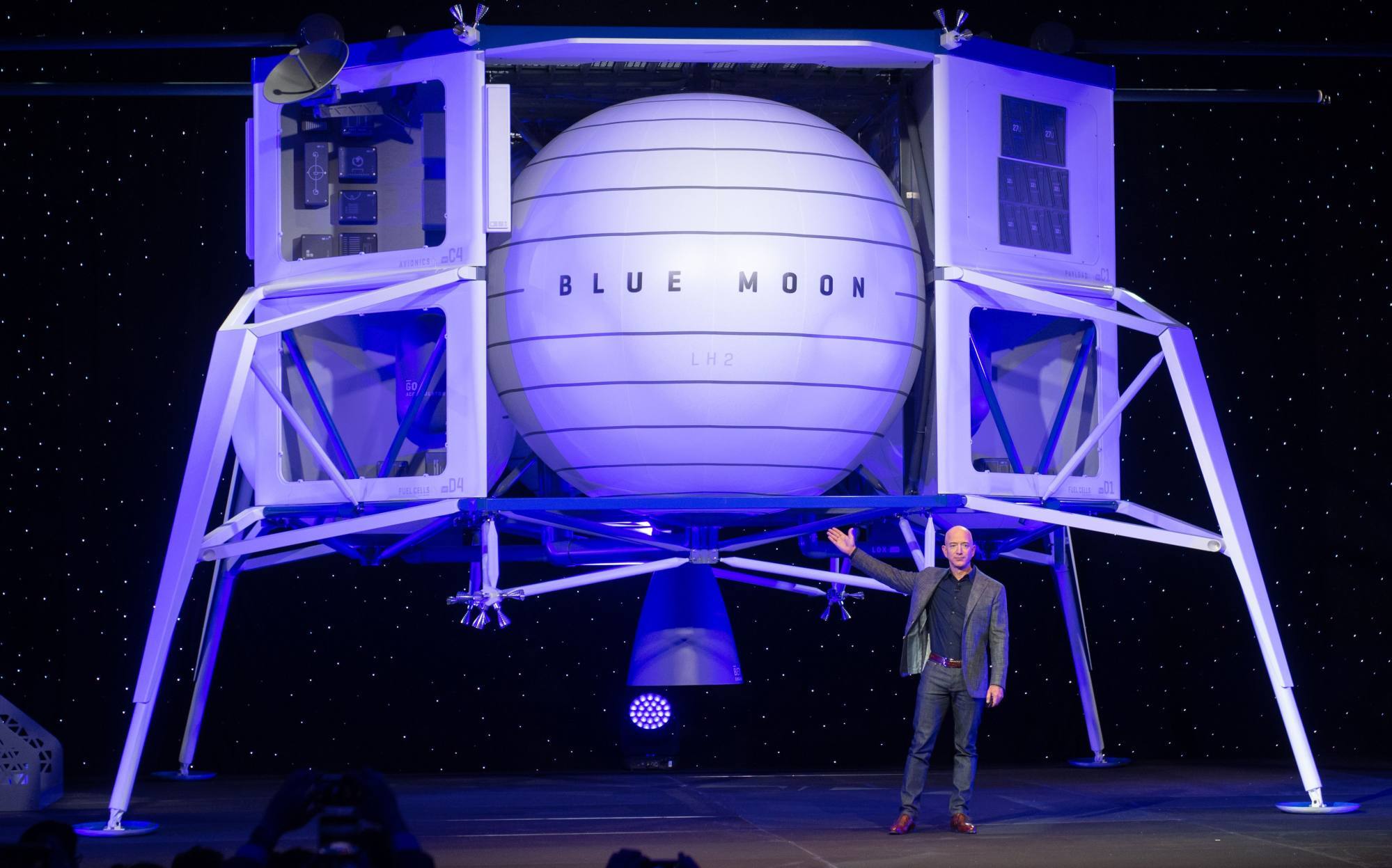
These three companies were all founded within a few years of one another in the early 2000s, but each has its own business model and plans for a spacefaring future.
Here’s what Musk, Bezos and Branson are trying to accomplish, and where their efforts stand today.
Elon Musk
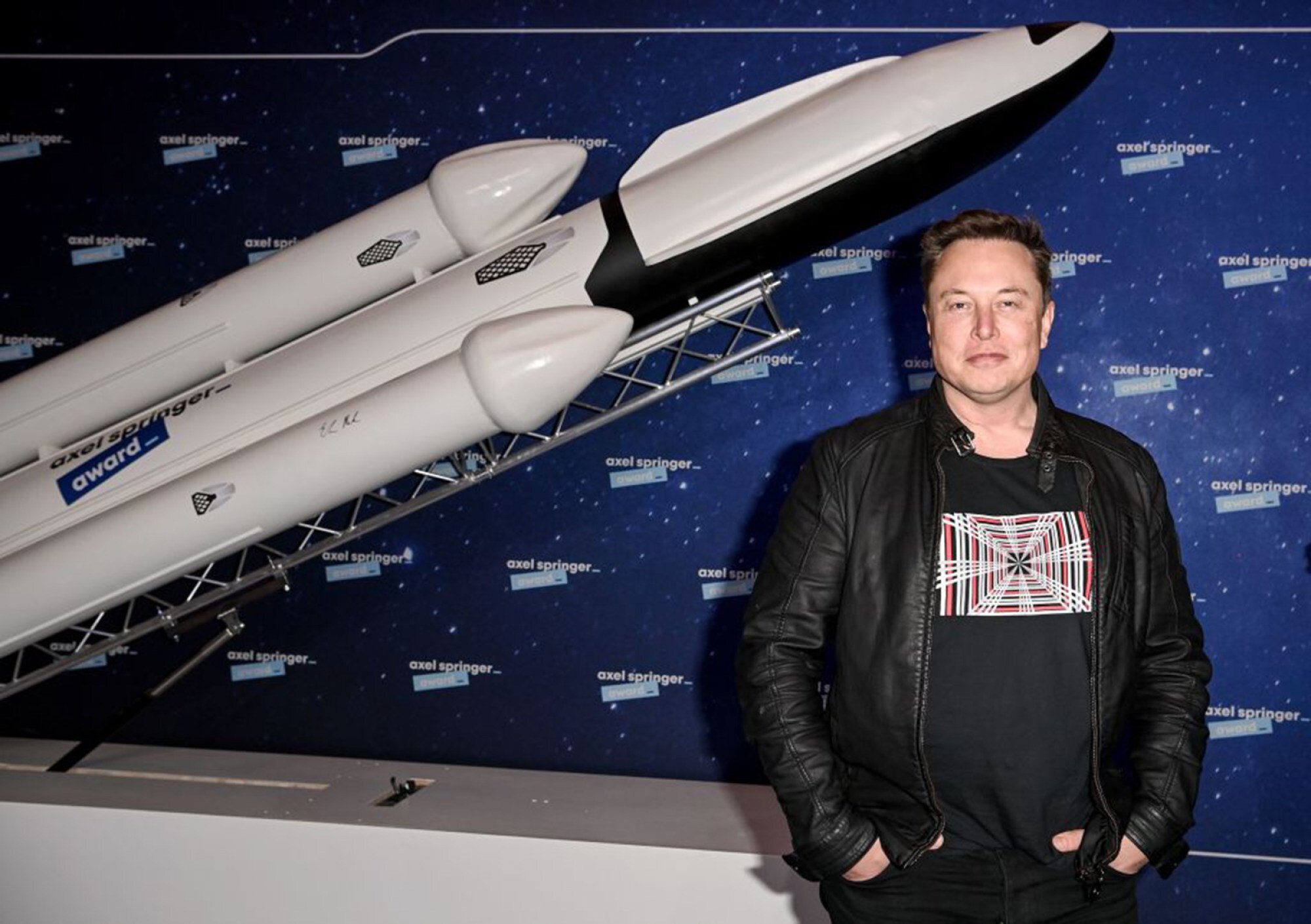
The company grew out of an idea Musk had to send a spacecraft called the “Mars Oasis” to the red planet. The vehicle would deliver an experimental greenhouse and equipment for taking photos of the planet and sending them back to Earth. Musk hoped the project would spark a renewed interest in getting to Mars within the US government.
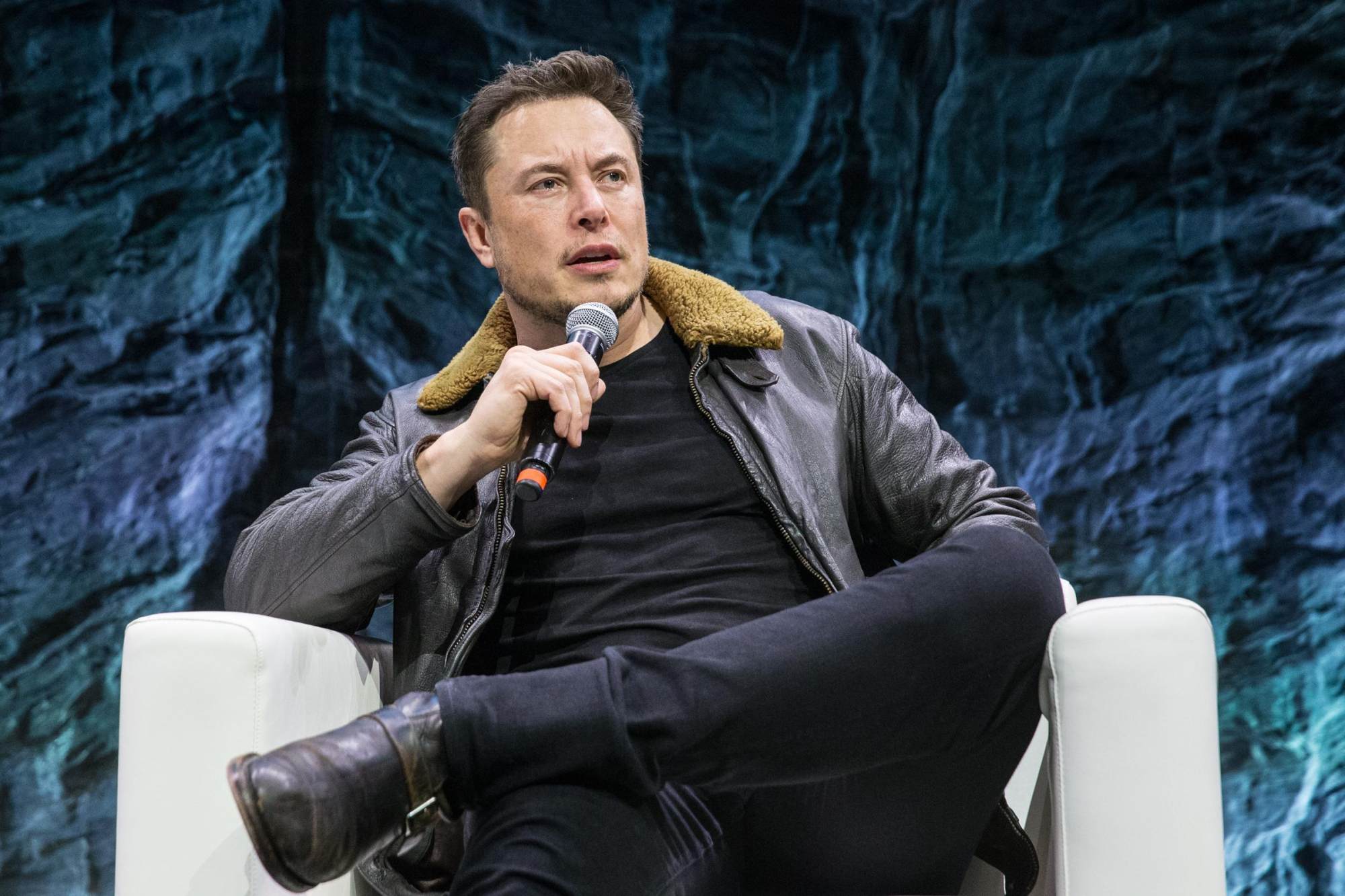
He pledged US$20 million to fund the mission – and attempted to purchase some refurbished ICBMs from Russia to no avail – but discovered that the project was way out of his budget. He founded SpaceX to develop reusable rockets that would lower the cost of blasting people and things into space.
That’s what Hawthorne, California-based SpaceX has spent the better part of the last two decades trying to achieve, and it’s made some great strides.
And now Elon Musk wants to build a ‘space island’
It’s completed numerous launches for commercial and government customers, and in 2012 it became the first private company to send a spacecraft to the International Space Station (ISS). In 2020 it became the first to send humans into space and to the ISS. And in April Nasa picked the company to land the first astronauts on the Moon since 1972.
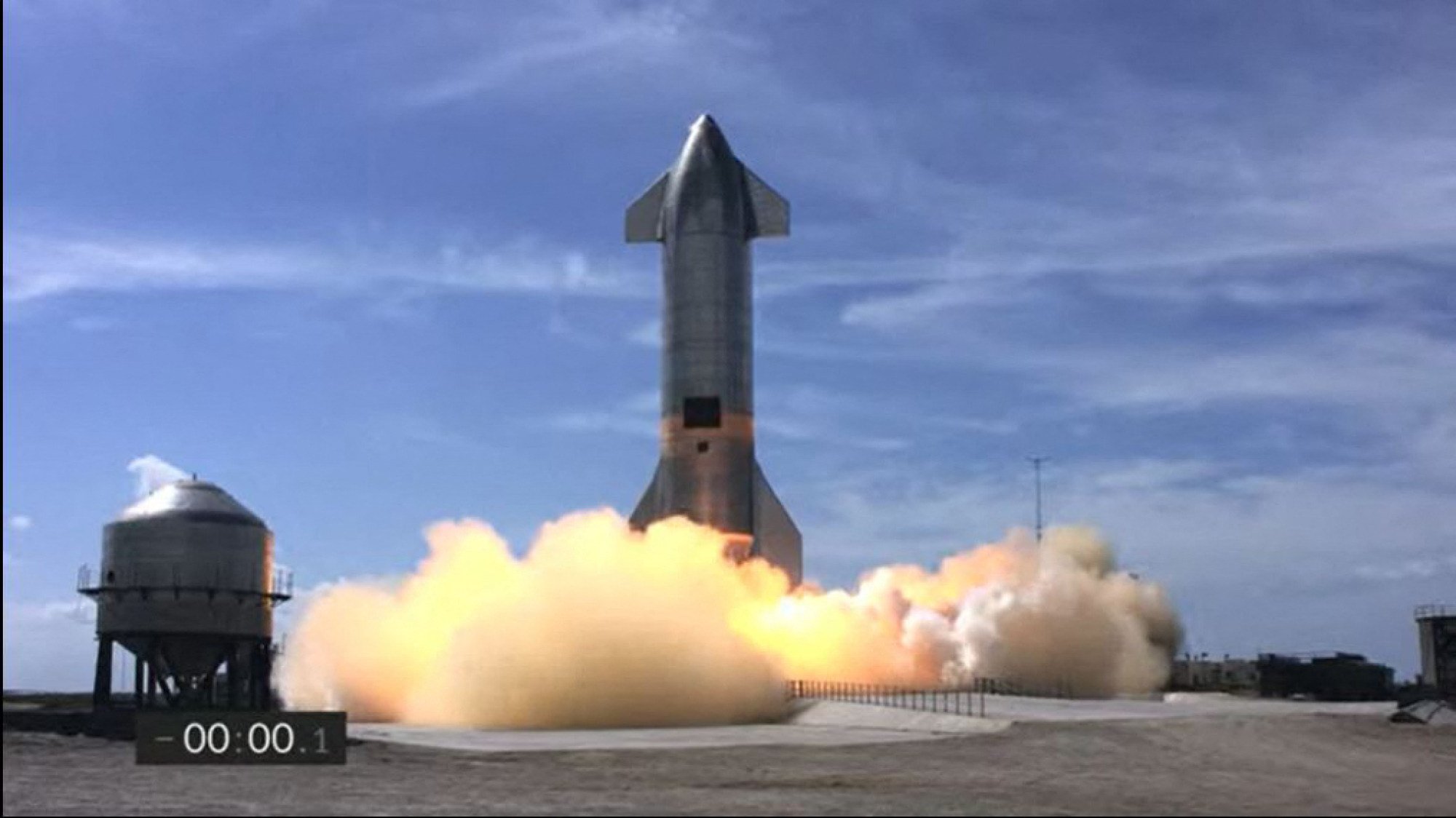
SpaceX is also working on a broadband internet service comprising thousands of satellites, called Starlink. The service aims to deliver high-speed internet to remote and rural areas, and SpaceX recently said it has more than 500,000 orders and deposits.
Ultimately, Musk thinks the future of humankind hinges on its ability to settle Mars. He said in 2020 that he wants to establish a city of one million people on Mars by 2050. Settlers will get there using a fleet of 1,000 SpaceX Starships – the towering, 120-metre (394-foot) tall rocket ship the company is designing for deep-space travel.
Jeff Bezos
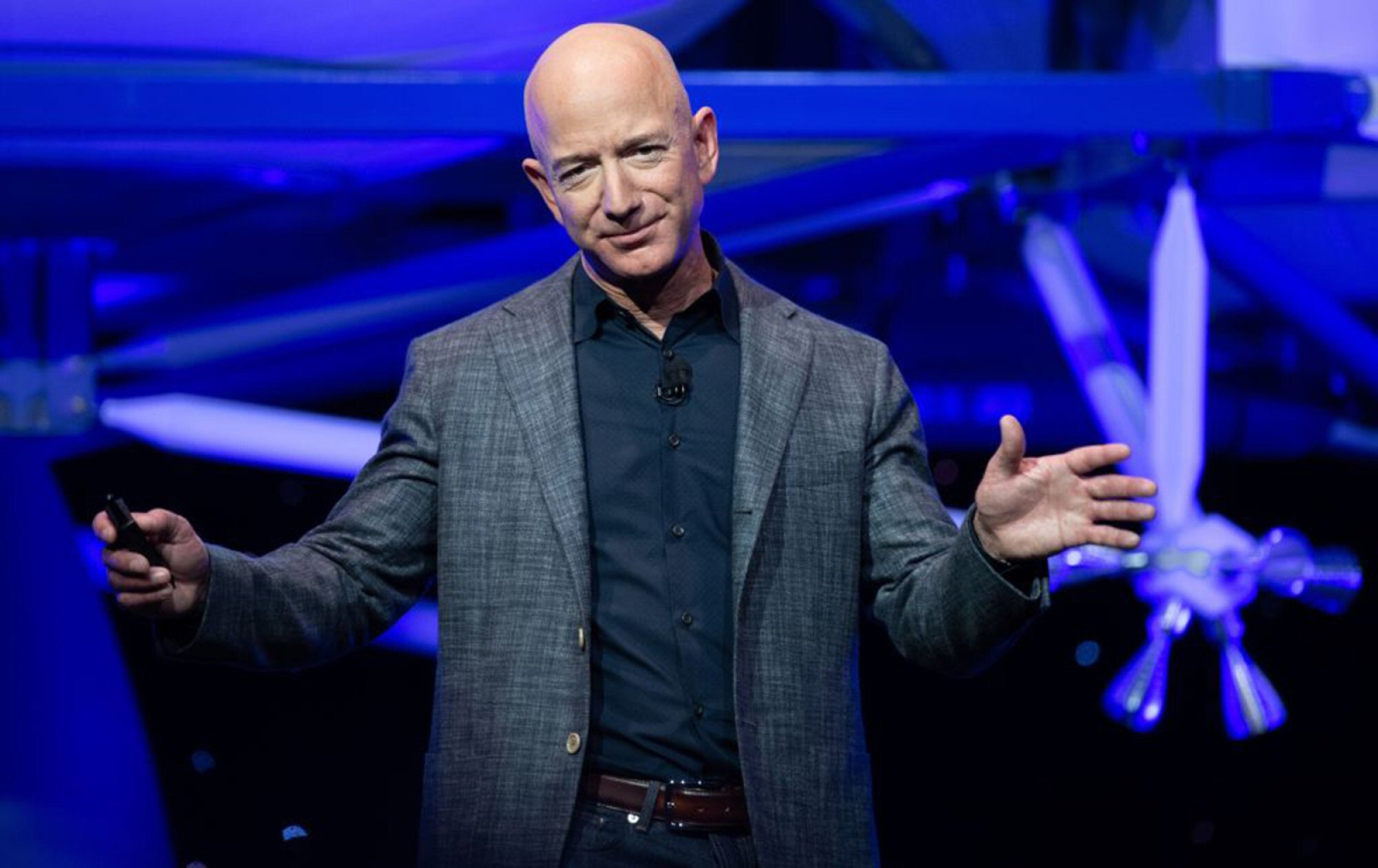
Like Musk, Amazon billionaire Jeff Bezos’ fascination with space travel stretches back decades. He’s been particularly taken with the physicist Gerard O’Neill’s visions of floating space stations that could house trillions of humans once Earth runs out of resources.
Multibillionaire moves: how Elon Musk, Bill Gates and Jeff Bezos met their future wives
To indulge his obsession, Bezos founded Blue Origin in 2000 with a similar goal to Musk’s venture: make space exploration cheaper through boosters that can be recycled for future launches. The Kent, Washington-based company operated in total secrecy until around 2003, and Bezos stayed tight-lipped about its plans for more than a decade after that.
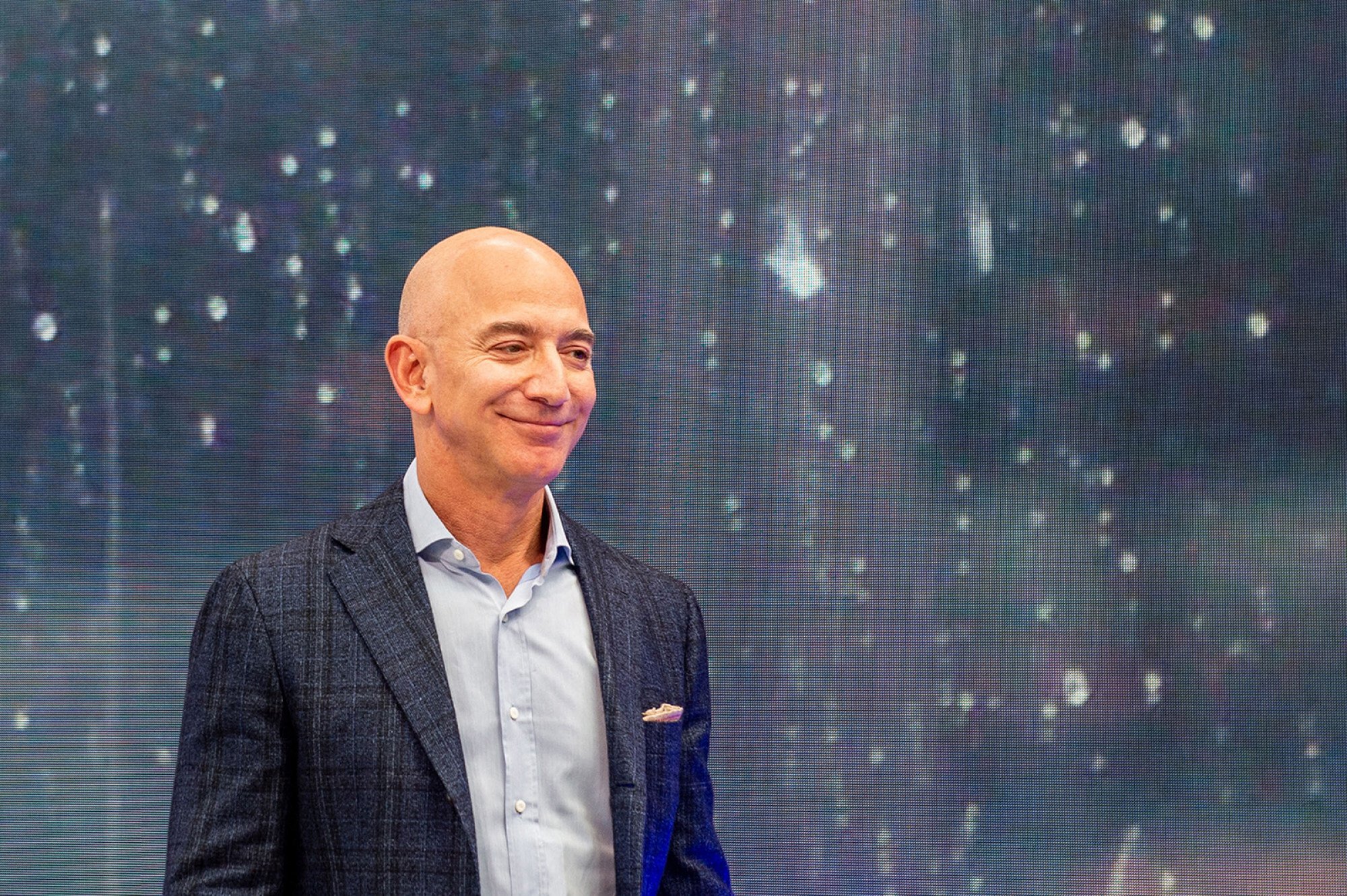
For years now, the company has been testing a suborbital rocket called New Shepard that will eventually take paying tourists to the edge of space in a pressurised capsule. Passengers will be able to catch a glimpse of Earth through large windows and experience a few minutes of weightlessness.
In May, Blue Origin announced that the first flight will take place on July 20 and that the first seat will be auctioned off for charity.
Covid-19 made Amazon CEO Jeff Bezos even richer, and he’s splashed US$175 million on Beverly Hills property
The company is also developing a larger rocket called New Glenn for delivering payloads to low orbit, along with a secretive future project called New Armstrong. If you’re sensing a pattern here, you’re right – Blue Origin’s launch vehicles are all named for former Nasa astronauts.
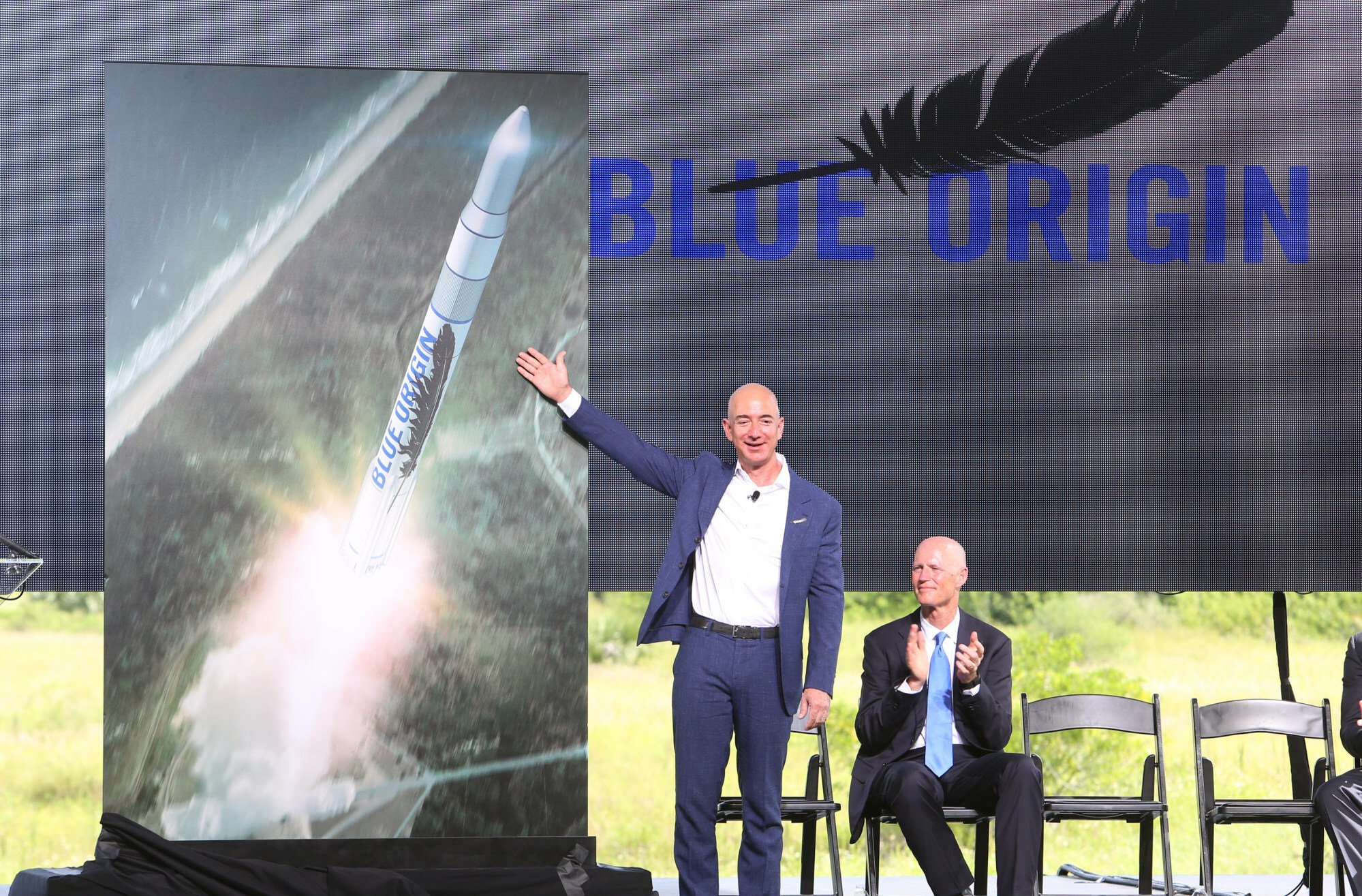
In 2019, Bezos revealed plans for a lunar lander called Blue Moon, which the company said will be ready in 2024 and will eventually help establish a “sustained human presence” on the moon. Blue Origin bid for a contract to land Nasa astronauts on the moon and was beaten by SpaceX – but the company is disputing the decision.
Richard Branson
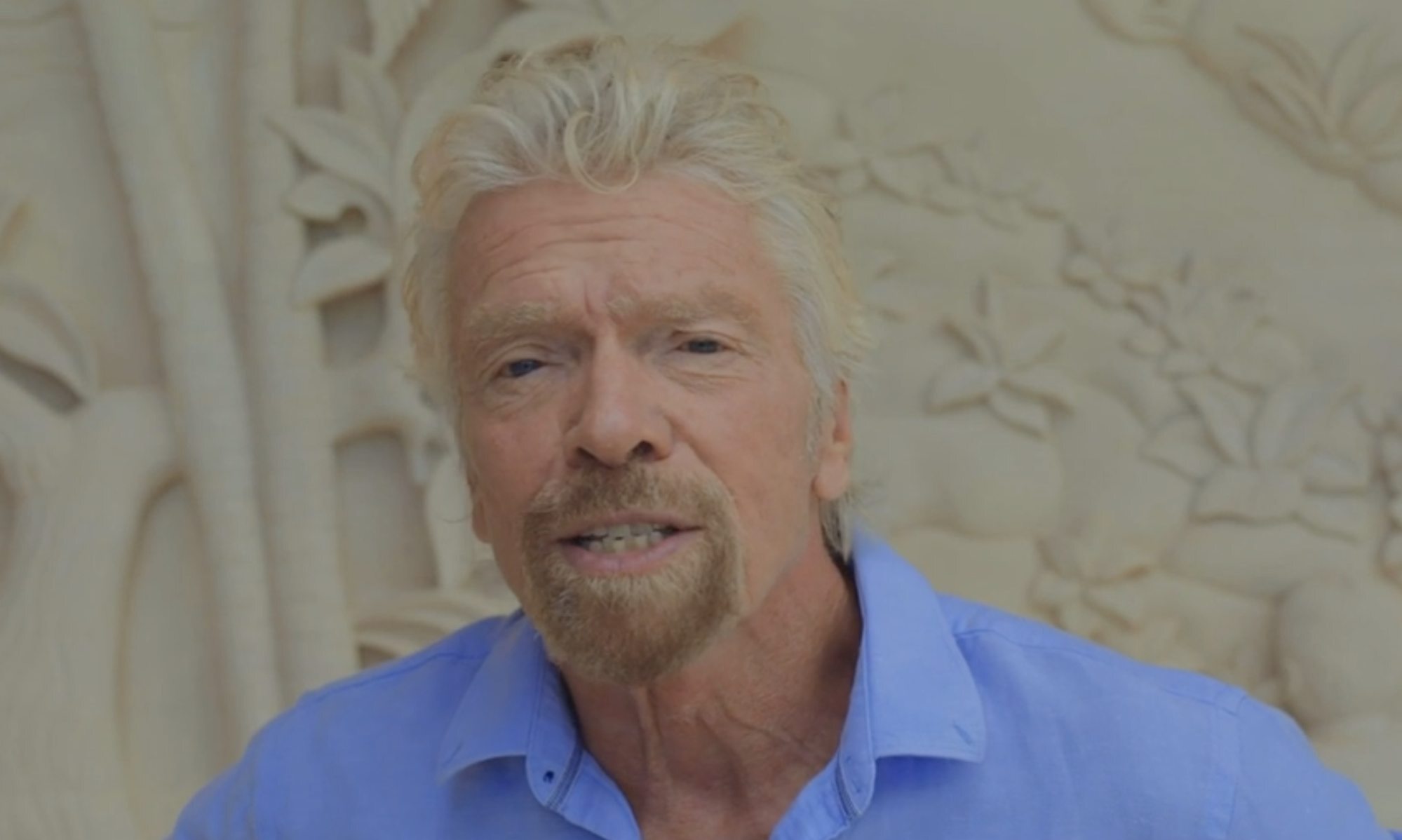
Branson’s space venture differs from Blue Origin and SpaceX in a couple of key ways. Virgin Galactic is currently focused on suborbital tourism, rather than launching people and payloads into space. It also has a radically different method of sending spacecraft out of Earth’s atmosphere.
Virgin Galactic doesn’t launch rockets straight up from the ground like its rivals. Instead, its spacecraft are flown to 50,000 feet by a broad, dual-fuselage jet called WhiteKnightTwo. From there, the ship detaches and glides for a few seconds, before firing up its rocket motor and beginning a near-vertical ascent to around 300,000 feet.
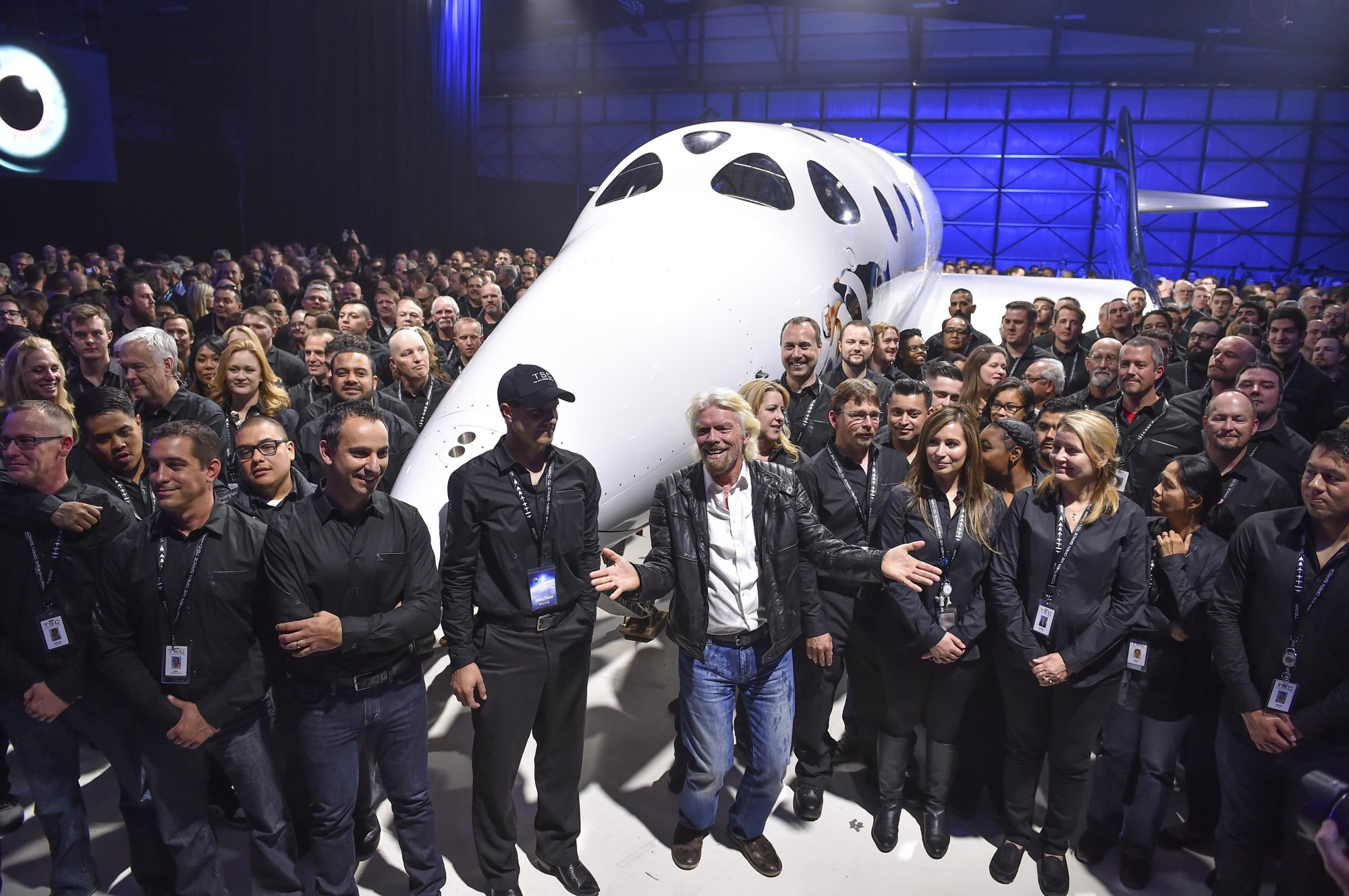
The company hasn’t flown any tourists yet, but it has sold 600 tickets for US$200,000 to US$250,000 each. Although Virgin Galactic planned to accept passengers in 2021, it’s pushed those plans to next year.
When the spacecraft reaches its final altitude, customers will be able to get out of their seats and spend several minutes floating around the luxurious cabin and gazing back at Earth or out into space. Virgin also plans to offer flights for research purposes. Once the spacecraft is pulled back into Earth’s atmosphere, it will be piloted back to Virgin’s New Mexico facility for a runway landing.
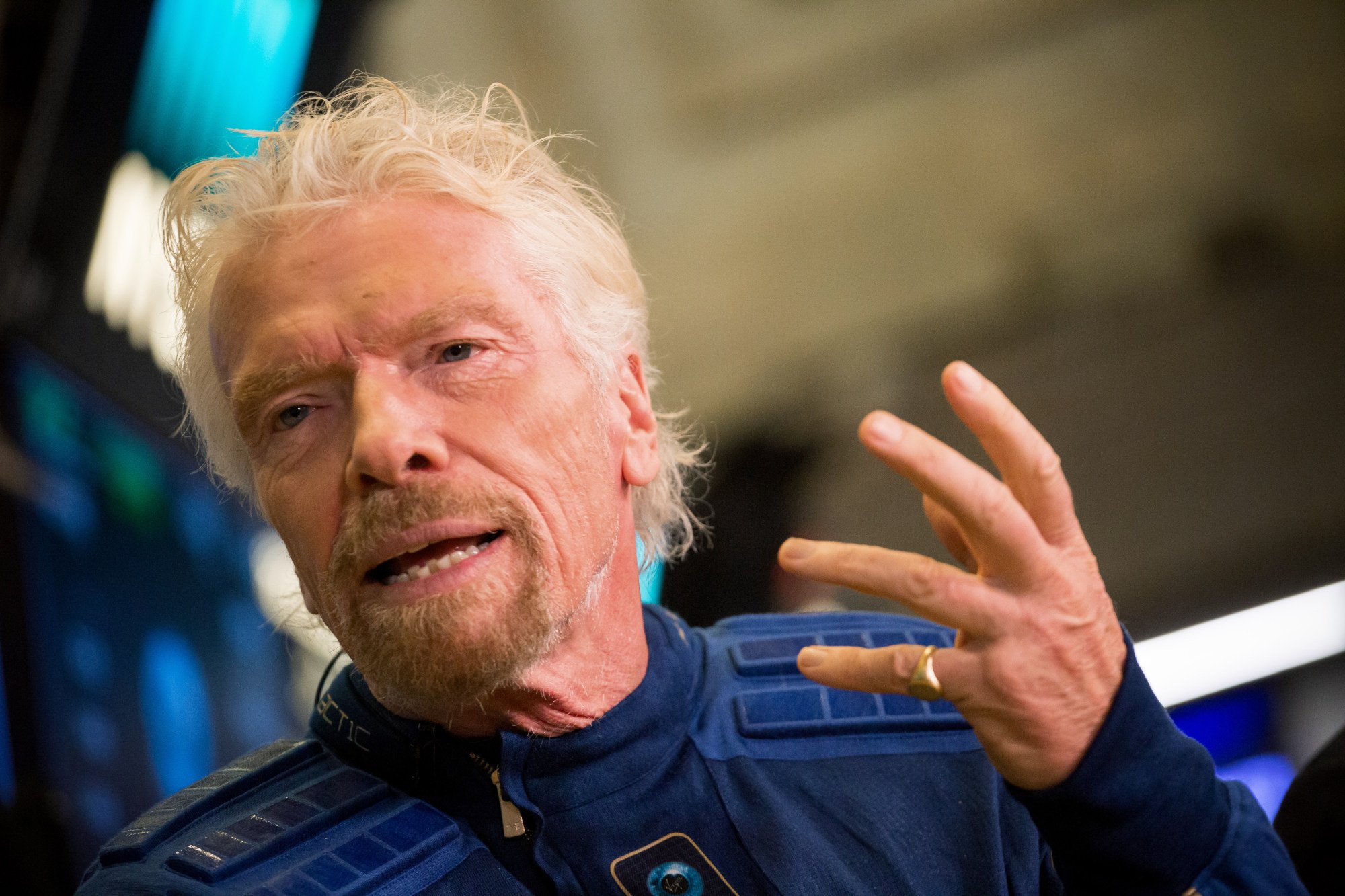
Virgin Galactic’s spacecraft are entirely reusable, aside from their fuel, and the company aims to make launching things and people into space more economical and environmentally sound.
In March 2021, Virgin Galactic unveiled the VSS Imagine, the first of its next-generation SpaceShip III vehicles. Before that, it had built and flown two SpaceShipTwo spacecraft, including the VSS Enterprise, which was obliterated in a fatal crash in 2014.
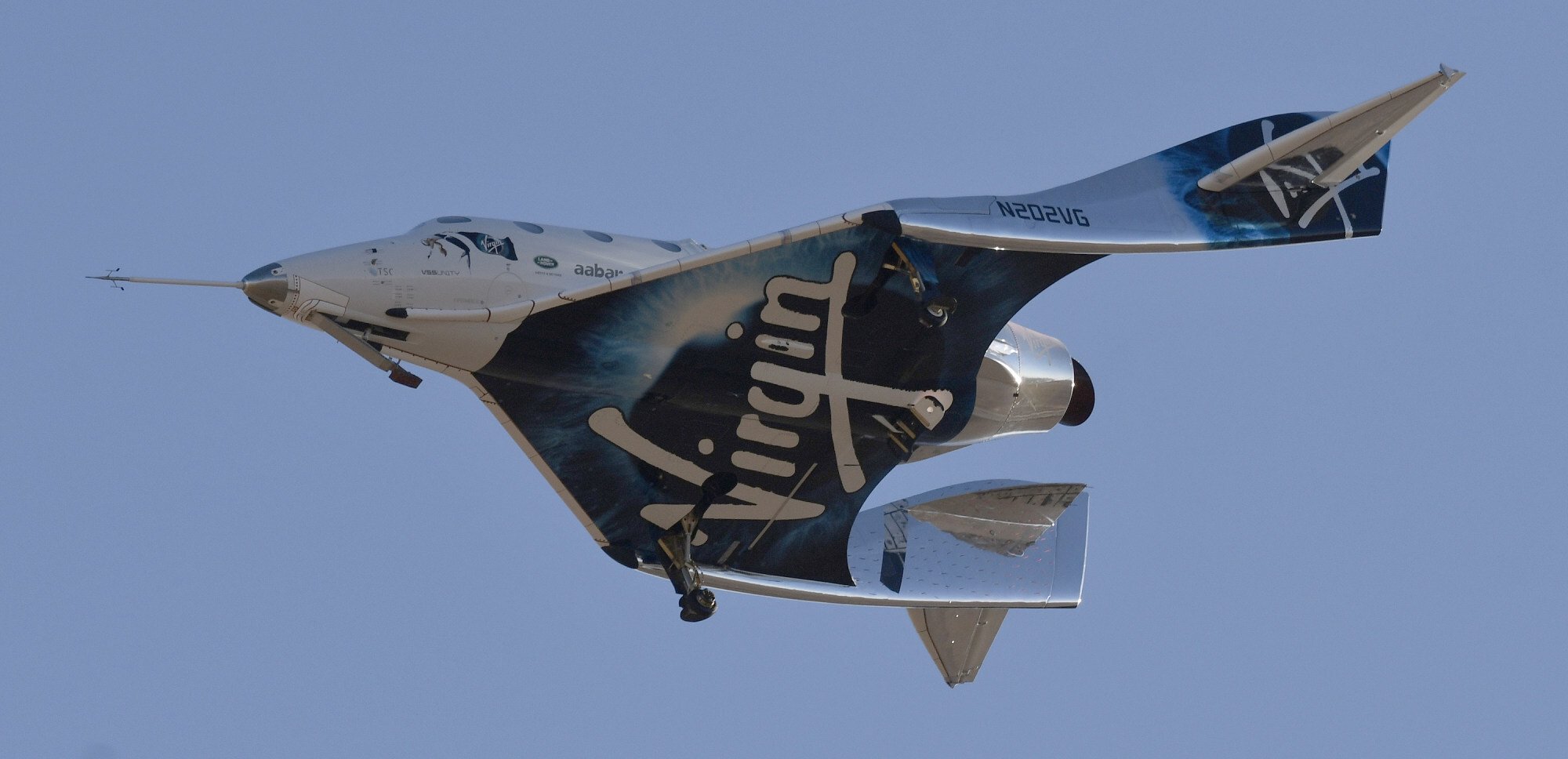
In the future, Virgin Galactic plans to operate a fleet of different vehicles that could fly tourists to space hotels, transport researchers to floating labs, or provide lightning-fast transcontinental flights. In 2017, it spun off a company called Virgin Orbit, which is working to send satellites into orbit using a similar air-launch system.
Want more stories like this? Sign up here. Follow STYLE on Facebook, Instagram, YouTube and Twitter.
This article originally appeared on Business Insider

- SpaceX will help Nasa put the first astronauts on the Moon since 1972, and is building the Starlink network of satellites and giant Starships to reach Mars
- Bezos is using money from Amazon to build the New Shepard rocket to take tourists to the edge of space, then bigger New Glenn and New Armstrong rockets